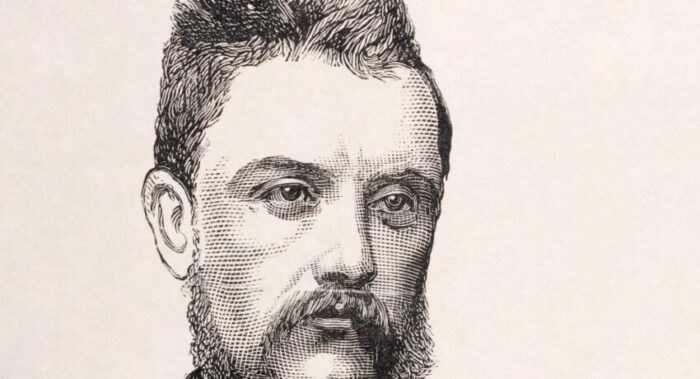The Ashes is a Test cricket series between Australia and England. The series has varied in length, ranging from one to seven Test matches, but has always been five matches since 1998. It is one of the most well-known sporting rivalries, dating back to 1882. It is usually held every two years, with the host country alternating between the United Kingdom and Australia. The Ashes are currently held by Australia, who won the series in 2021-22.Although the first Test series between England and Australia was played in the 1876–77 season, the Ashes were born from a single match played between the two nations in 1882. England lost the match at The Oval, and The Sporting Times published a satirical obituary declaring English cricket dead. "The body will be cremated and the ashes will be taken to Australia," it said. The phrase was adopted by the Honorable Ivo Bligh, who vowed to bring the "Ashes" home as captain of the English company that traveled to Australia the following winter.
1. Leonard Hutton: 364 (The Oval, 1938)
Sir Len Hutton is regarded as one of the most accomplished batters in the history of professional cricket. In the final game of the 1938 Ashes series, Hutton hammered 364 against Australia. England scored 903 in the first innings thanks to centuries from Maurice Leyland (187) and Joe Hardstaff (169). England won the game by 579 runs, tying the five-match Test series at 1-1. Australia was bowled out for 201 and 123. In the Ashes, Hutton's record has yet to be broken.
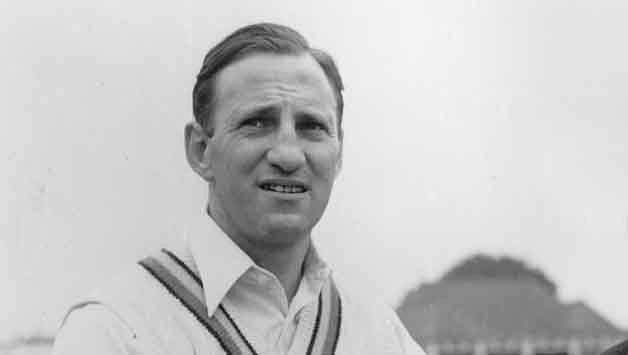
2. Sir Don Bradman [1936] 270 From 375
One of Test cricket's most legendary innings was played by the Cootamundra-born champion. No Australian has ever won in Melbourne with a higher score. While the odd Roarer may argue that the second half of the innings was meaningless, the facts and context show otherwise. After damp weather rendered conditions bowler-friendly, new captain Bradman declared his team's first innings at 9-200. England responded with a score of 9(dec)76. The pitch steadily improved after a rest day.Bradman batted at number seven and started his innings at 5-97, reversing his team's batting order. He then shared a 346-run sixth-wicket stand with Jack Fingleton. Bradman went on to finish with a score of 270. Despite facing only 375 deliveries, he only managed to score 22 boundaries. There would be no honorable draw for England in this classic Test. They needed to score 323 points to win, and they did so admirably.
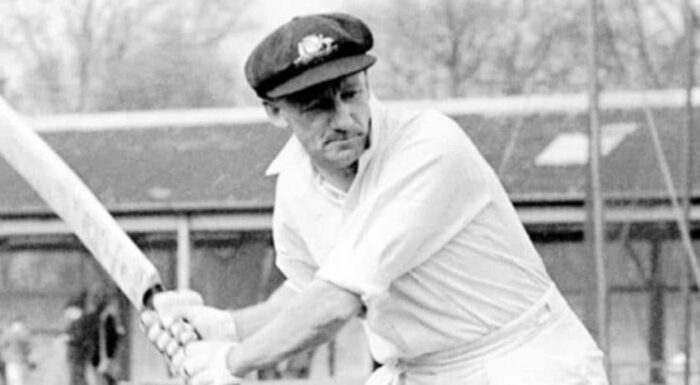
3. Mark Butcher [2001] 173*
The Ashes had already been lost, with Australia leading 3-0 going into the fourth Test, yet Mark Butcher still managed to play his most memorable innings. A third-innings declaration gave England a 315-run lead. Two early wickets threatened to ruin the chase, but Butcher smashed 23 fours and one six to lead the team to victory, with Nasser Hussain and Mark Ramprakash assisting him.
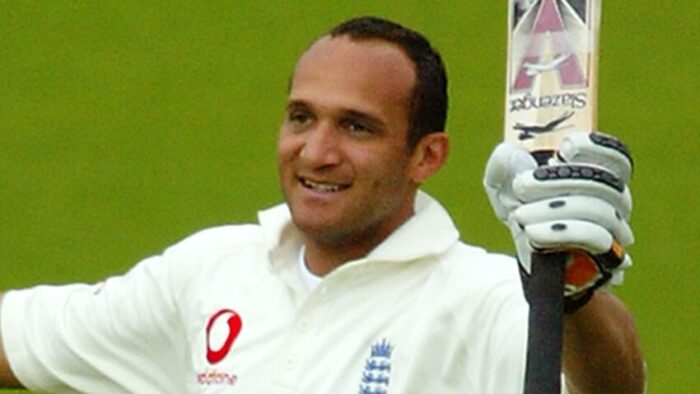
4. Steve Smith [2015] 215
Australia batted first and finished day one on 337/1, with Smith extending his innings into the second day before being dismissed for a career-best 215 runs. After falling for 192 and 199 early in his career, he felt relieved. Mitchell Johnson then went through England, taking three wickets in each innings to lead England to a 405-run triumph.
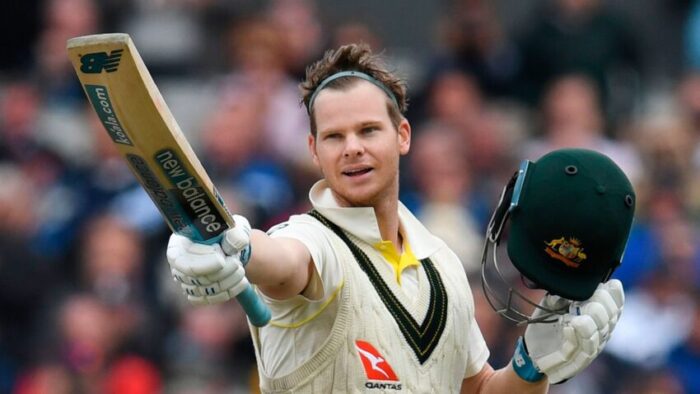
5. Paul Collingwood [2006]206
For England, everything seemed to be going so well. As England declared at 551-6, Paul Collingwood made the first double-century by an England batsman in Australia since 1936. Warne bowled 53 overs with only the wicket of Geraint Jones to show for his efforts. He scored 310 for the fourth wicket with Kevin Pietersen. The match appeared to be heading for a tie at the close of the fourth day, but Brett Lee, McGrath, and Warne had other plans!

6. Jonathan Trott [2010] 168*
The series was tied 1-1 going into the fourth Test in Melbourne, where Australia was bowled out for just 98 runs before England scored 157 runs in front of an 84,345-strong crowd. When England's innings ended at 513, Trott scored his sixth Test century and remained undefeated. The second time around, Australia did better, but they were bowled for 258 and England won the Ashes.
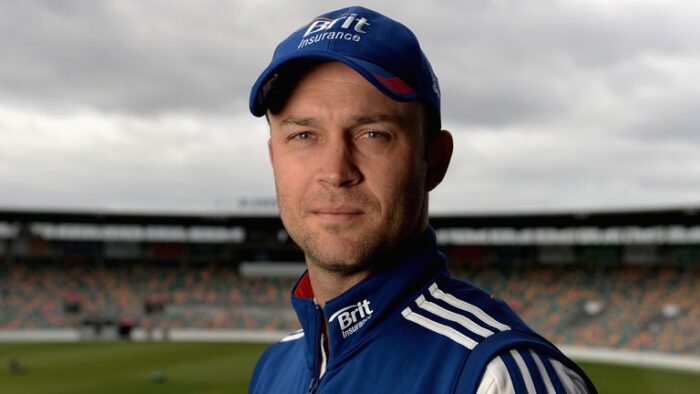
7. Bob Cowper [1965] 307 From 589
It was the final game of a series that had been evenly balanced at one win each. In a Test match in Melbourne, no player has ever scored more runs or amassed more total runs. England won the toss and batted first, amassing a total of 9(dec)485. In response, the home team was reduced to 2-48. Cowper then joined his skipper and fellow Victorian left-hander, Bill Lawry Cowper kept going after Lawry was removed from the game after a 212-run outing. He was eventually fired after 307 deliveries out of 589.
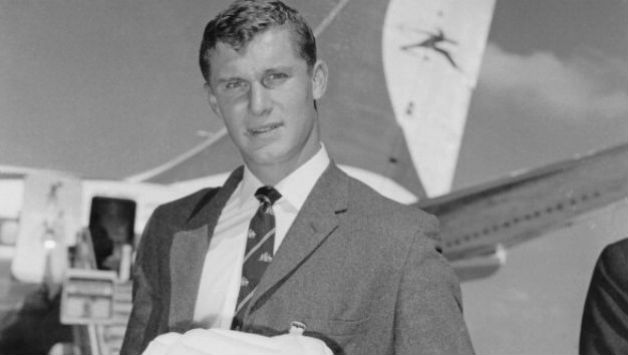
8. Michael Vaughan [2002] Valuable 177
The toss at Brisbane may have been the highlight of England's 2002/03 trip, but Michael Vaughan's form was a bright spot for the visitors. During the warm-up, he hurt his right knee, but he elected to play nonetheless. No one else reached 50 in a match played against Glenn McGrath, Jason Gillespie, and Shane Warne at the top of their game, but England lost by an innings despite finishing the first day on 295-4.

9. Derek Randall [1979-1980] With Important 150
The Australian team was missing its World Series Cricket players when England won the Ashes 5-1 in the 1978/79 season, but that should not detract from Randall's excellence here. England was bowled out for 152 in the first innings and behind by 142 runs, but he batted for nearly 10 hours, accumulating a match-winning 150 after Geoff Boycott was dismissed first delivery of the innings.

10. Charles Bannerman [1876-1877] With Match-Saving 165(327)
While the Ashes were not on the line in what was later dubbed the first Test match, this performance deserves to be recognized.No other Australian has ever played a longer debut inning, and no player in Test history has ever scored a bigger percentage of his team's runs in a single inning. Incredibly, such documents have lasted nearly 150 years.The combined New South Wales and Victoria XI finished the first day of the tournament with a score of 6-166, with Bannerman leading the way with a score of 126. When his score was 165, including 18 boundaries, he retired hurt the next day after being struck on the finger. Soon after, the team was expelled for 245.
